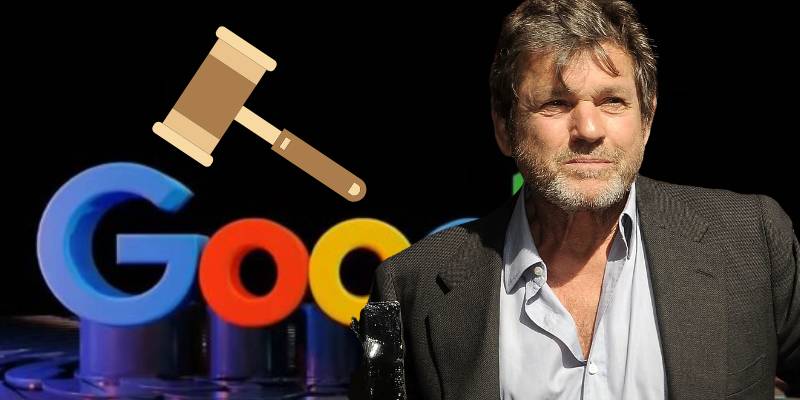Penske Media—the powerhouse behind Rolling Stone, Billboard, and Variety—has filed a lawsuit against Google, accusing the tech giant of using its journalism to fuel AI Overviews without permission.
The case, filed in Washington, D.C., marks the first big U.S. publisher to drag Google into court over this controversial feature. The complaint isn’t just about pride; it’s about traffic and money. Penske claims affiliate revenue dropped by over a third as AI summaries pushed readers away from their sites.
The argument? Google is leveraging its near-90% dominance in search to pressure publishers: let us use your work in AI Overviews, or risk vanishing down the rankings. That’s a heavy hand if true, and it feels eerily similar to the fights publishers once had over Google News.
Interestingly, not all publishers are taking the courtroom route. Some, like The Financial Times and News Corp, have signed licensing deals with AI companies such as OpenAI to safeguard revenue streams and control content use.
Google, however, has been much slower to ink such agreements, despite running its own Gemini chatbot and a growing suite of AI services.
This isn’t the first legal rumble over AI Overviews. Earlier this year, education platform Chegg also sued Google, arguing that the feature cannibalized demand for its study materials and undermined competition.
And it’s not just in the U.S.—publishers in Europe are calling for tighter regulation of AI search tools, echoing the familiar “tech too big, rules too weak” refrain.
The stakes go well beyond traffic charts. Danielle Coffey, head of the News/Media Alliance, warned that Google’s scale lets it sidestep the “healthy practices” other AI firms have adopted, like transparency or negotiated licensing.
In other words, if AI Overviews become the norm, the pipeline that funds journalism could be throttled.
Here’s my take: this lawsuit is about survival. We’re not talking about a small dip in clicks; we’re talking about whether professional journalism can sustain itself if AI platforms repackage content without fair returns.
To me, it feels like déjà vu from the Napster days of music—when suddenly the value chain flipped, and creators were left scrambling. Will Penske’s fight be the crack in the dam, or just another splash in Google’s ocean of power? Time will tell, but the battle lines are drawn.

